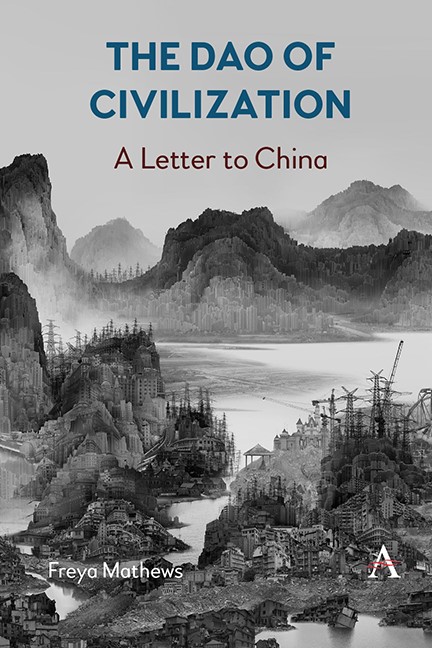Lecture 2 - Is overcoming dualism enough? Or is a holistic perspective also required?
Published online by Cambridge University Press: 15 November 2023
Summary
What Might a Holistic Account of Reality Look Like?
Let us return then to the issue of worldview – of what is wrong with the Western worldview – again in light of our new hypothesis that the universe is not so much built up out of basic constituents – as classical physics supposed – but is primordially an indivisible whole. Let us see where this new metaphysical presupposition leads us in terms of understanding our place in the world.
When we contemplate the universe not as a contingent composite of components but as a seamless whole we may be tempted to ask, why is this universe, which stretches away from us in every direction in such breath-taking inter-galactic splendour, a universe, a unity: why does it cohere in the way that it apparently does? In asking this question we are however implicitly reverting to our default assumption that reality is compound, that it consists, as the eighteenth-century philosopher David Hume put it, of logically ‘distinct existences’, where it is this assumption that raises the question, why do these distinct existences hang together. If we set aside this assumption and assume instead that reality is not composed of distinct existences that are somehow held together by the (always contingent) laws of physics but that it is already a single indivisible unity, then different aspects of the universe may come to the fore as salient.
What we are likely to be struck by, when looking through this lens of unity, is not so much the various bodies that present – the stars, planets, rocks, grains of sand, cells, and so forth – as what lies between these bodies. In other words, we are likely to be struck by the fact that this universe is spatial, that all observable bodies are held, so to speak, in space, and that space itself is an indivisible continuum. Matter, by contrast, seems plainly divisible: we can cut it, and cut it again, all the way down to the level of subatomic particles. But we cannot cut space. We can differentiate different regions of space by reference to the bodies that appear to occupy them, but we cannot separate one ‘part’ of space from another, since this is an operation which itself could only take place in space.
- Type
- Chapter
- Information
- The Dao of CivilizationA Letter to China, pp. 29 - 44Publisher: Anthem PressPrint publication year: 2023



